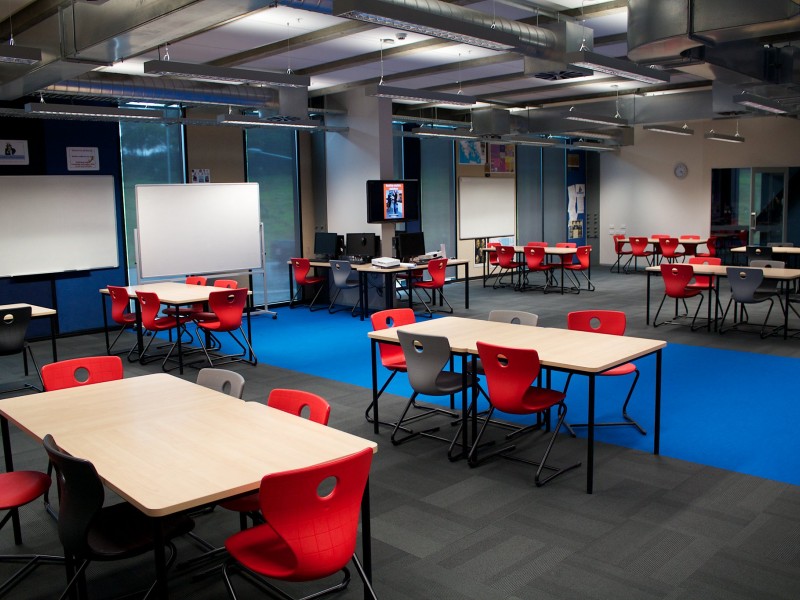Dr. Pauline Stewart PHD, educational and counselling psychologist, says that if we continue to do the same thing we're going to continue to get the same outcome in relation to alcohol and drugs.
'Every drug should be approached from a harm reduction model, what we've got now is clearly not working. We certainly believe at FDS that helping family members, building social capital around families and establishing connections with people who have challenges around alcohol or drug misuse is really important.'
In her private Psychology practice, Dr. Stewart noticed first hand the need to develop assistance for family members who were supporting people with alcohol or drug misuse. In response to this she founded a nationwide non-governmental organisation called 'Family Drug Support' to help family members breed coping and resilience to support their Whānau who struggle with drug misuse.
Dr. Stewart explained that the misuse of alcohol or other drugs is a learned behaviour and in order to unlearn such behaviours it is essential to have social capital around the individal, this includes support systems such as employment and family connections
"Unless you've got the family members around when you're assisting and helping people with alcohol or drug misuse it's of much less value just helping the person who is facing challenges."
She explains that FSD commissioned research alongside Research NZ showed that nearly 50% of people in New Zealand are impacted by the alcohol and other drug misuse of family members and close friends. This number rises to about 53-54% in 18-24 year olds.
"For any drugs at all, prohibition is a huge barrier because people will not come forward to get help and also family members because of concealed stigma they don't want to come forward either if there is legal implications.So, prohibition is a huge issue and very misunderstood."
Dr. Stewart advocates that community groups are vital in the efforts to address the harms of drug use, "Community groups are essential, schools have a very small role to play in the use of alcohol or drugs. What we're talking about is a societal issue, so society needs to deal with it."
She explains that there are plenty of small non-government organizations and charitable trusts that are doing important work in the field already. However, the problem is that the money generally stops at government level and the trickle down effect doesn't happen. Dr. Stewart firmly believes that community groups would be able to do more important work if they received additional funding.
"Funding from any source is really important to address the harm that society experiences and I think that having good controlled systems where taxes can be gathered is clearly a better outcome then incarcerating many many people, some of whom are incarcerated for a very long time. The money could be much better spent on rehabilitation services."


